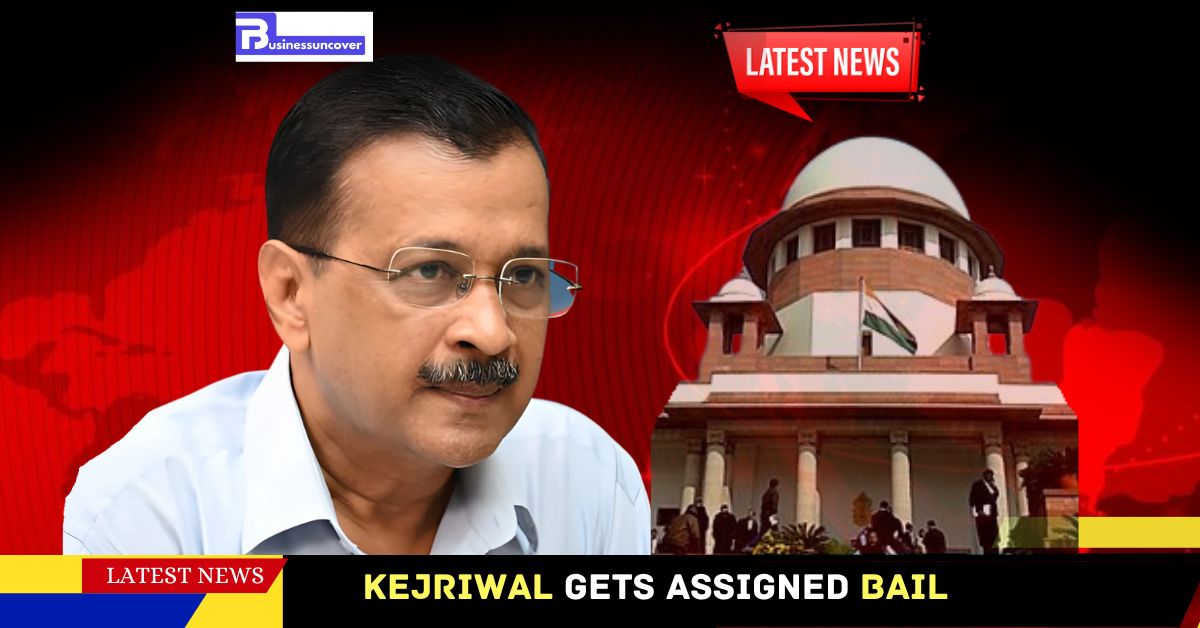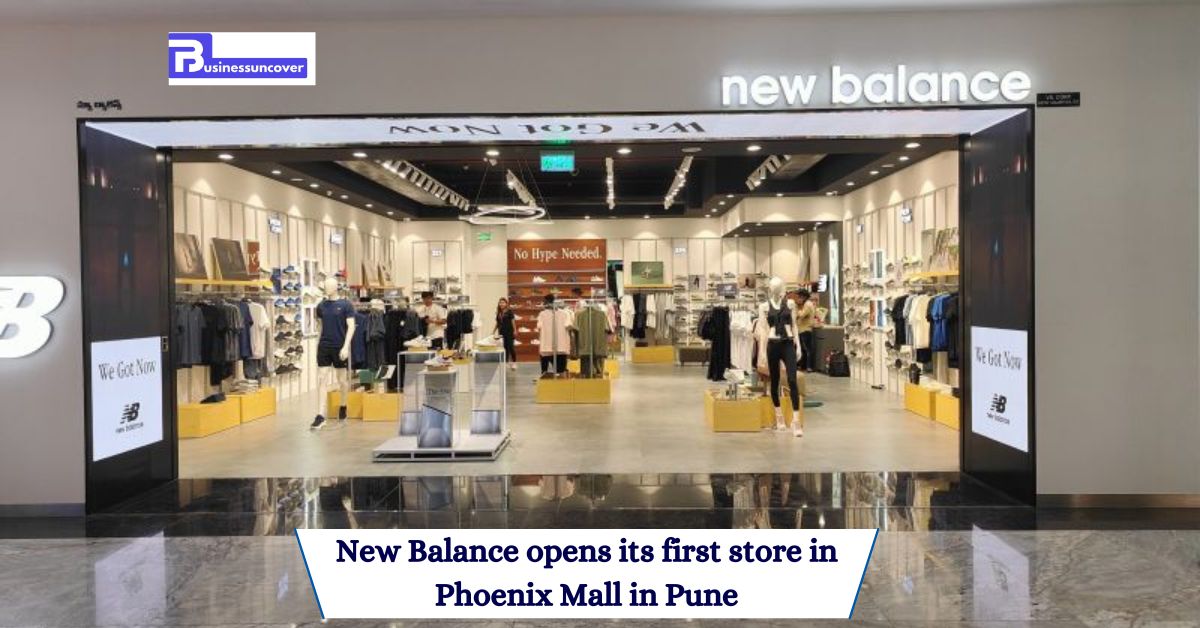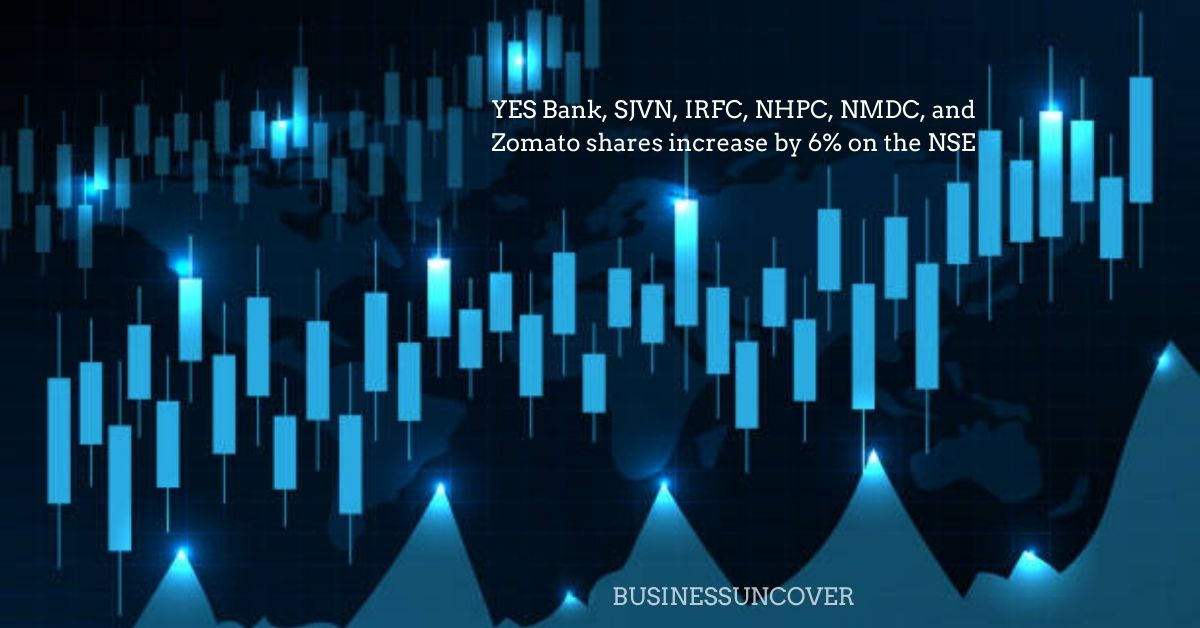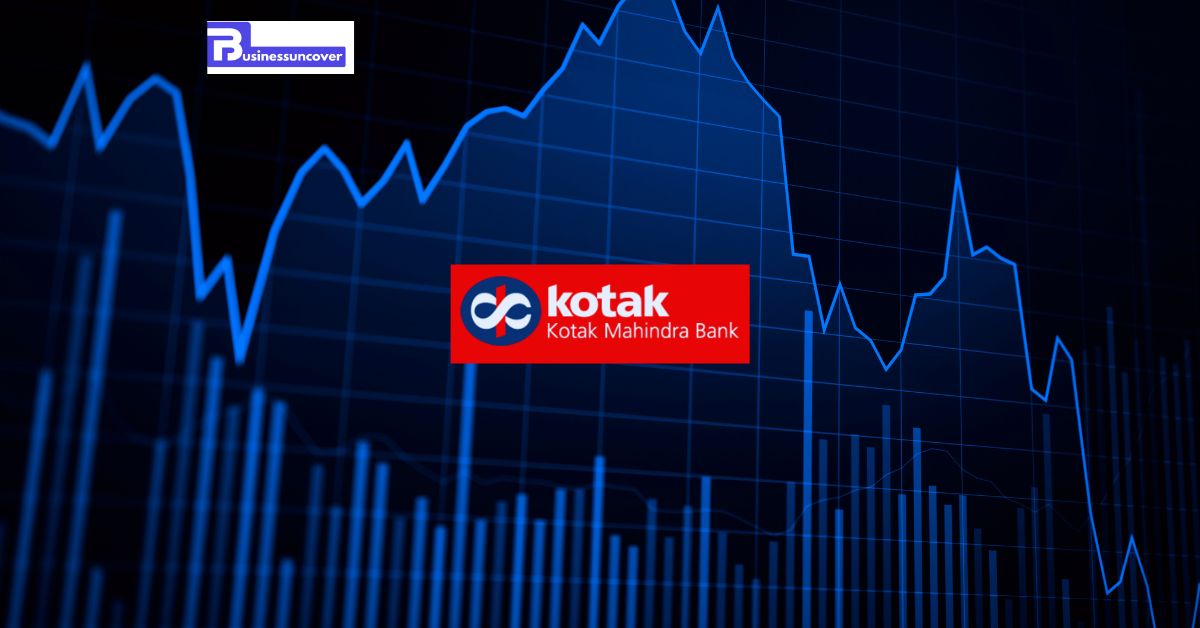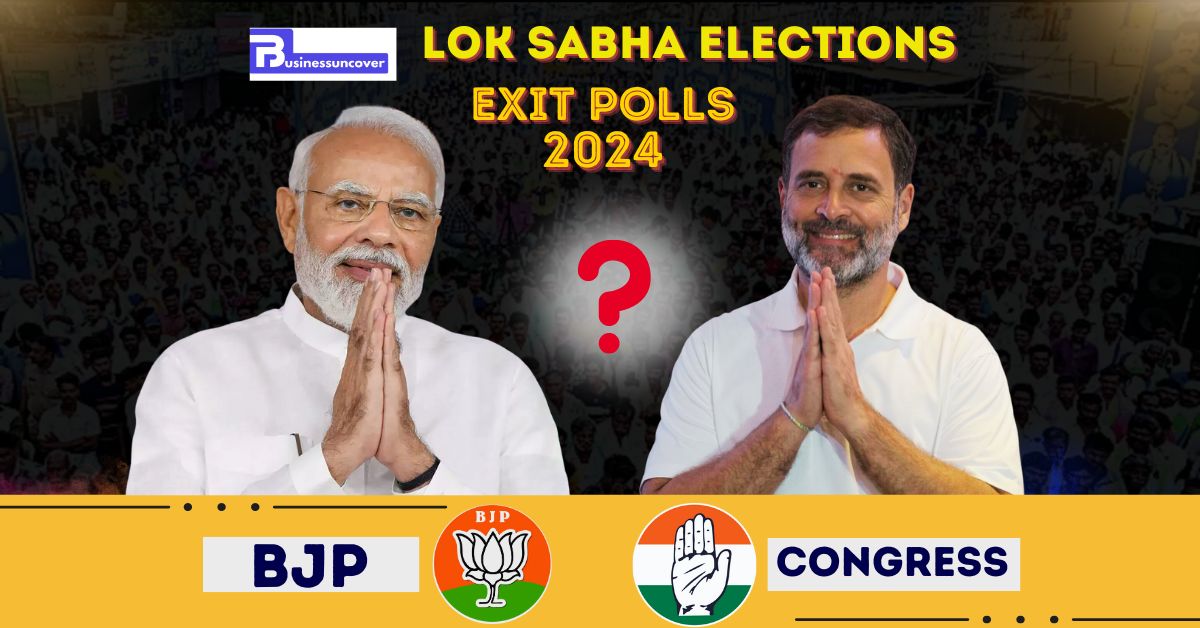PM Narendra Modi in Ukraine today, August 23, Prime Minister Narendra Modi will make history as the first Indian prime minister to visit Ukraine at President Volodymyr Zelenskyy’s request.
PM Narendra Modi in Ukraine, There are great hopes for diplomacy over the Russia-Ukraine conflict during Modi’s visit, which will make him the first head of state from India to visit the country since its independence in 1991.
There have been diplomatic ties between the two countries for almost 30 years. India and Ukraine had about $3.4 billion in goods commerce in FY22, and Ukraine is one of India’s top 50 trading partners.
During a news conference, senior External Affairs Ministry official Tanmaya Lal informed reporters that Modi would spend a day in Kiev following the end of his visit to Poland (August 21–22).
What’s Scheduled for This?
It is anticipated that the visiting leaders will talk about cooperation in research and technology, business and economic relations, and defence.
In addition to confirming Modi’s visit, Zelenskyy’s office stated that “multiple cooperation agreements, and bilateral and multilateral cooperation issues” are being discussed.
The Ukrainian president specifically took issue with Modi’s two-day trip to Moscow and his meeting with Russian President Vladimir Putin in July of this year. Russia’s “deep ties” with India came under fire during the latter’s conflict with Ukraine, as did Ukraine and its western friends.
Given the current state of the war and the disparity in terms of the cease-fire between the two sides, a peace process between Moscow and Kyiv seems improbable. Before negotiations can start, Ukraine asks that Russia leave its territory. Moscow, on the other hand, maintains that it will not give up four Ukrainian territories that it annexed in late 2022.

What Is Said by Indian Diplomats?
PM Modi’s meeting with Zelenskyy, diplomat and former ambassador Rajiv Bhatia said that the visit’s goals are to promote peace in the region—which is currently experiencing a terrible war—and to boost bilateral collaboration.
Through the introduction of “multi-alignment,” a geopolitical all-vector hedging approach, the Modi administration has extended the non-alignment policy.
Our positive relations with Ukraine were focused on our shared interests in trade, economics, education, and defence. From the time we established diplomatic relations thirty years ago, following the fall of the Soviet Union and the emergence of a new nation-state, our relationship has been positive. Along these lines, Bhatia said, “the visit will broaden: India will provide more humanitarian aid, and Ukraine will show interest in Indian businesses while concentrating on post-conflict reconstruction and recovery efforts.
Lad had stated that this is “not a zero sum game” while addressing reporters.
India maintains autonomous and strong relations with both Russia and Ukraine, and these alliances stand alone. This will strengthen the current diplomatic ties between Ukraine and India. I want to be clear that there is no zero-sum game here. Numerous proposals were considered when the prime minister visited Russia as well, according to Lal.
“Since these are wide and independent links, the ongoing conflict will inevitably come up in the conversation. Only solutions that are agreeable to all sides can bring about lasting peace. And there is only room for a negotiated resolution,” he continued.
What Do Diplomats From Ukraine Say?
India’s close relations to Russia and its “certain influence” over Moscow make Modi’s visit to Kyiv noteworthy, according to Mykhailo Podolyak, an adviser in the Ukrainian president’s office, who spoke to Reuters.
He stated, “It’s critical that we establish effective relationships with these nations, explaining to them why ending the war is the right thing to do and why it serves their interests as well.”
India has openly denounced the murder of innocent people in the war, while having long-standing strong defence and commercial ties with Moscow.
Political analyst Volodymyr Fesenko, who is based in Kyiv, told Reuters that while he does not anticipate a breakthrough, it would be crucial for India to demonstrate that it is “not on Russia’s side,” the article stated.
Also Read | Prime Minister Narendra Modi Historic Visit to Poland and Ukraine: A New Chapter in Diplomatic Relation
“The military situation needs to stabilise and the US, a close ally of Ukraine, needs to host the presidential election before there can be any attempt at negotiation,” he stated.
The trip was deemed significant by Richard Verma, the US deputy secretary of state for management and resources and a former US ambassador to India. He praised some of the prime minister’s remarks, saying that while it is not the time for conflict but rather for peace, it is still a crucial moment for defending liberty, freedom, and the rule of law.
Relations between Russia and India
India has not yet chastised Russia for the war, has boosted its oil supplies from Russia, and has persisted in pushing for diplomatic and diplomatic means of settling the crisis between Russia and Ukraine.
Since Russia began sending troops into Ukraine in February 2022, Indian refiners—who had previously purchased Russian oil infrequently—have become Moscow’s main seaborne oil customers. More over two-fifths of India’s oil imports come from Russia.
PM Modi declared, “Peace is of the utmost importance,” while in Moscow. When defenceless children are killed, the witnessing of their agony causes excruciating heartache.
Also Read | PM Modi arrives in Russia, the Indian community will extend a warm welcome


